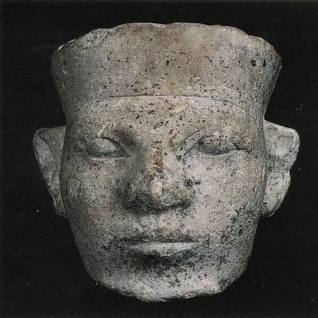
[:en]Spent this evening listening to Bill Bryson at the London Library. The London Library is an august institution founded in St James’ Square London and has associations with many great British writers whose ghosts are seen happily strolling along its arcane alleyways, browsing along the shelves, brimming with delight when their books are NOT on the shelves because they have been taken out to be read!
Bill gave an enchanting talk about how he came to England (note specifically England not Britain – that is the US influence! We more sensitive souls do not seek to offend our Welsh and Scottish brethren by forgetting that London is not the capital of England but of Britain). He explained how he fell in love with England at first sight. He was born and grew up in Des Moines , Iowa and the first thing he ever wanted to do was get the hell out! Several members suggested they thought Iowa or Des Moines was actually a delightful place. Corrected he explained that for a young person he had a view that the ‘world’ was elsewhere – to which there was silent assent. A member from New York who had described Des Moines as delightful was asked if she would herself settle there to which she demurred gracefully.
Bill explained why he loved the library so much. Coming from Des Moines to a library founded in 1870 before Des Moines ever existed was a treasure to him. The sense of history and peculiarities of the library and its eccentric filing system. As writing is a solitary experience he found coming to the library a social engagement where he occasionally met friends whom he would gentle nudge awake to go to lunch. He spoke fondly of walking across Hyde Park and all its greenery down towards St James’s and to the library. On a warm sunny day it is a glorious walk – I can attest to that. On some days he was amazed that he could have so much pleasure walking to the library and rummaging among the shelves and call it work!
Bill had spent some years championing the English (again!) countryside with an affection only a foreigner can have for our quaintness. Even he acknowledged the casual indifference to these ‘beauties’ evinced by the natives who took it all for granted as if just because they had been there for centuries they will inevitably be there for centuries to come. Not for a foreigner the class guilt of seeking to preserve the joys of greenery whilst the poor lived in Blake’s ‘satanic mills’. Even Wordsworth saw the beauty in the countryside as an antidote to the gruesome industrialising urbanscapes. As he wrote:
‘These beauteous forms,
Through a long absence, have not been to me
As is a landscape to a blind man’s eye:
But oft, in lonely rooms, and ‘mid the din
Of towns and cities, I have owed to them,
In hours of weariness, sensations sweet,
Felt in the blood, and felt along the heart;
And passing even into my purer mind
With tranquil restoration
…. so feed
With lofty thoughts, that neither evil tongues,
Rash judgments, nor the sneers of selfish men,
Nor greetings where no kindness is, nor all
The dreary intercourse of daily life,
Shall e’er prevail against us, or disturb
Our cheerful faith, that all which we behold
Is full of blessings.
(‘Tintern Abbey’ Lines composed a few miles above Tintern Abbey – 1798)
But as an American Bill has no such class guilt nor need for transcendence nor as a writer is his life so filled with the ‘dreary intercourse of daily life’ that is urban working London which makes many Londoners seek refuge away at the weekends into the countryside.
Currently he is working on a book about the ‘body’ and the history of its bits and parts as in the narrative back story – who was Alzheimer, who was Parkinson. It is due out next year in October though he hopes to finish it by Christmas. He confessed that such time gaps from completion to publication did occasionally cause embarrassment as by the time he began book tours he had largely forgotten the detail of his books and often readers would ask him why he wrote ‘xxxx’ to which in his mind he thought ‘did I write that?” Readers assumed it would be as fresh in his mind as theirs. Amusingly he stated now that he was drifting into retirement how much he enjoyed travelling with his wife and NOT thinking about what he would have to say about the places they were visiting.

One notices how over the years, Bill has acquired the gentle self-deprecation of the English with a hint of irony. Strolling through the corridors of the London Library one day he caught a bad dose of Englishness which has stayed with him and is now clearly a chronic condition. Thank you Bill for an engaging evening.
[:]

